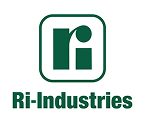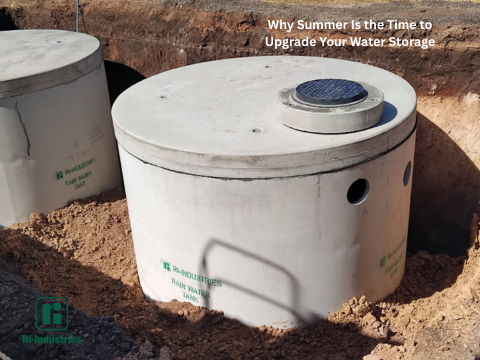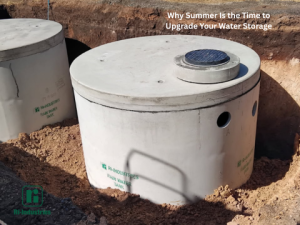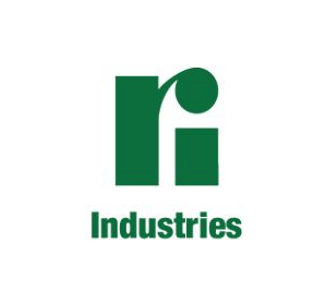As summer approaches, homeowners across South Australia are getting ready for higher temperatures, drier conditions, and increased water use. Whether you’re maintaining your garden, preparing for fire season, or simply trying to reduce your reliance on mains water, the right water storage system can make all the difference.
For many families, an underground concrete rainwater tank is becoming the smart, long-term home upgrade especially as we head into another hot South Australian summer.
Here’s why now is the ideal time to plan ahead.
- Hot Weather Means Higher Water Use
Gardens, lawns, pets, cooling systems, and everyday household needs all place extra demand on your water supply during summer.
An underground tank helps you:
- Capture and store more rainwater
- Keep gardens greener for longer
- Reduce your reliance on mains water during peak-use periods
- Have more control over your home’s water supply
A little planning now saves stress and costs when the heat hits.
- Underground Tanks Keep Water Cooler and Cleaner
Above-ground tanks heat up quickly in summer, encouraging algae, odours, and aftertaste. Underground concrete tanks naturally stay cool and dark, which helps:
- Prevent algae growth
- Maintain fresh, clean-tasting water
- Reduce evaporation losses
- Keep your water supply protected from extreme temperatures
It’s one of the biggest advantages for homeowners who want a stable, low-maintenance solution.
- A Smarter Option for Bushfire Preparation
South Australia’s fire season is unpredictable, but your home’s readiness shouldn’t be.
An underground tank provides:
- A secure, protected water supply in case of emergency
- A fire-resistant and vandal-proof structure
- Reliable reserves that won’t evaporate or heat up
For rural and semi-rural homeowners especially, it’s an important layer of protection.
- Maximise Your Outdoor Space
Unlike bulky above-ground tanks, underground storage keeps your outdoor areas open and usable.
You gain:
- More space for landscaping
- Cleaner visual appeal
- Room for future upgrades
- Flexibility for new structures or entertainment areas
It’s a practical choice for growing families or anyone planning to update their outdoor areas.
- A Long-Term Home Upgrade With Lasting Value
Ri-Industries tanks are built locally right here in South Australia using:
- High-frequency vibrated reinforced concrete
- Steel mesh
- Brass fittings
- Fully engineered designs built to last
Once installed, they require minimal maintenance and deliver decades of reliable performance making them a true set-and-forget investment for your home.
With summer fast approaching, now is the perfect time to upgrade your residential water storage. Whether you’re looking to protect your family during hot weather, boost your garden, or prepare for emergencies, a Ri-Industries underground concrete tank gives you security and peace of mind.
If you’d like help choosing the right tank for your home, our team is here to guide you.



